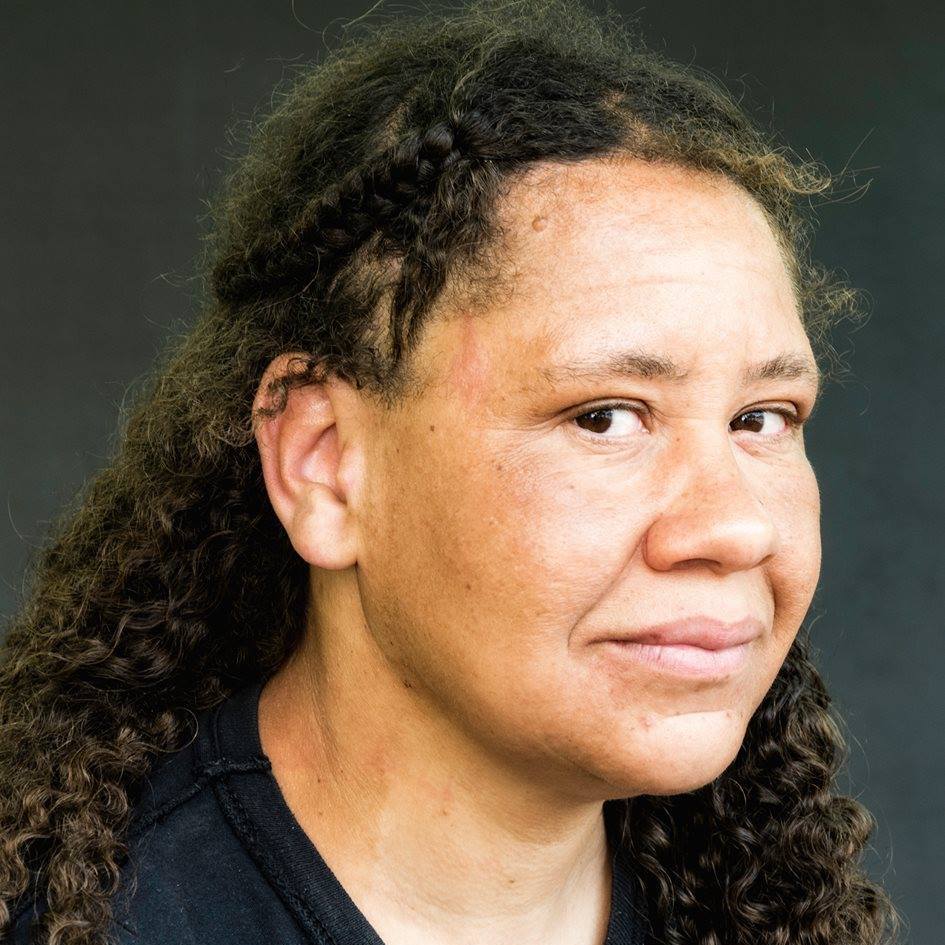When I looked online for useful tips, I found a lot of tips for theatre venues, but not so much for production companies who are not based in any one building. I have seen brilliant things, like the Watermark theatre in Ivybridge, where the building is solar powered, but I have seen less for companies like us.
On a good note, for the simple reason of economy, we have to be eco-friendly. We wouldnt be able to afford to buy in brand new costumes, and new materials for sets and props. Not if we expected to earn any profit from the shows to use to pay our cast and crew. So, by force of circumstance, we have to use second hand items and remade items.
Despite doing high-grade historical and classical theatre; behind the scenes the vast majority of the things we use, are second-hand; we have learned over the years to remake, reuse and recycle.
Charity shops, freecycle, freegle and similar sources become our primary way of being able to create the costume and props for our shows. Very little of such items are bought new, other than consumables like paint, or glue. This is nessecary to save money, but at the same time, also means that most of our shows are created with recycled materials.
Other single use consumables have to be bought new; paper, ink being the promary ones for printing posters, scripts, marketing, letters, etc. In those cases, anything left over can be recycled.
Fundraising wise, we also recycle. We have table top sales to raise funds for rehearsal space- most of the items we sell are either unwanted items (books/ bric-a-brac/ DVDs etc) cleared out from home, or crafts made from recycled items.
Electrical items get turned off when not in use - so we are saving both power and money.
Because of having limited "show storage" at our rehearsal hall, consisting of a cupboard, each actor has a costume bag. We have recently made actors tote bags from spare fabric, for actors to keep thier costumes in, rather than using plastic carrier bags.
So, here is what we do with items after a show.
COSTUMES/ FABRIC
We make costumes to last. Unless it is something which has had to be dirtied or ripped apart, costumes are washed and stored away for future use, next time we do a show set in the same historical period.
If something is not worth keeping, there are other uses; clean fabric can be torn up and saved as cleaning rags. "Dirtied" fabrics can be washed and put in the green recycling box.
Buttons saved from old items that are being thrown away, are donated to The Naked Sheep, a family-run eco-wool clothing business in Cornwall who in turn help us with advertising.
PAPER & PRINTING
Some paper (posters/ flyers) printed on a single side can be kept as scrap paper for making notes on the blank side; the rest goes into the green bin for recycling.
Items that are useful for paper crafts are given to a local card-maker, to be used in making one-off greetings cards.
We save used ink cartridges for our fundraising and send them off to a company who give us a small donation for each cartridge they can recycle.
SET
If we have set pieces which we are not able to store, they are offered to other grassroots theatre companies, for a small donation, to be used again.
PLASTIC CONTAINERS
If plastic containers have contained food and or something else that is nothing toxic, we save them to grow plants in, to sell on our fundraising stalls for the team. Any surplus gets offered on Freecycle or again put in the green recycling box wherever possible.
BATTERIES
The vast majority are recharagable. Where they are not, one of our team takes them to a recycling point.
As a result, we are proud to say that due to a mixture of nessecity of recycling to be able to simply afford things, and through higher motivations as well, we have almost no landfill wastage from our shows.
I would be ever so interested in other companys approaches to how they recycle and reduce waste.
Laura

 RSS Feed
RSS Feed
